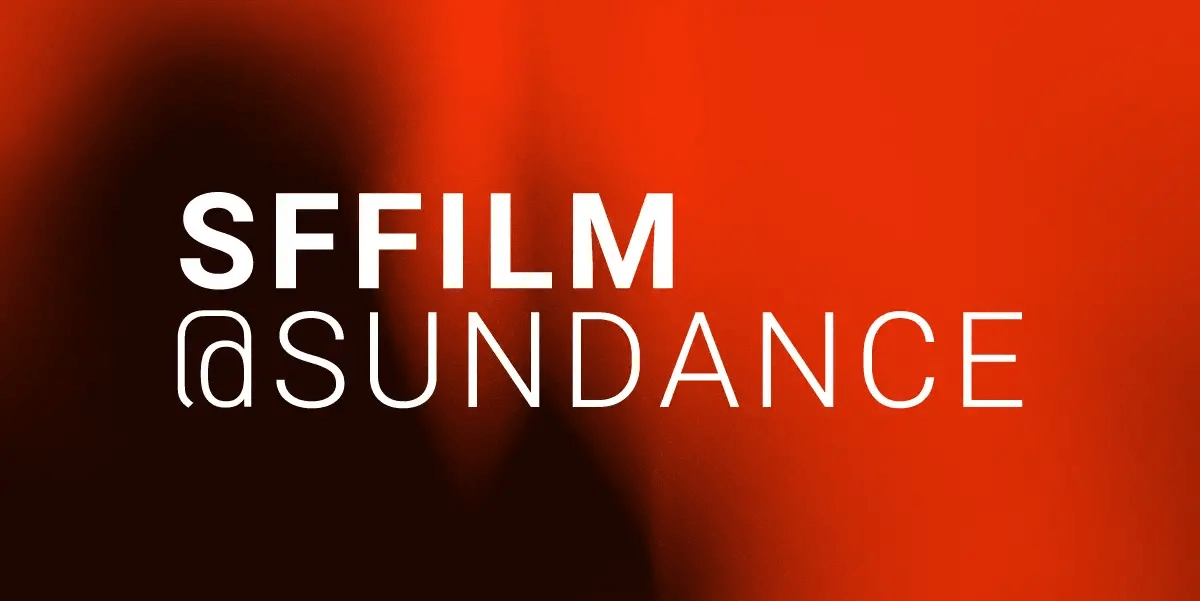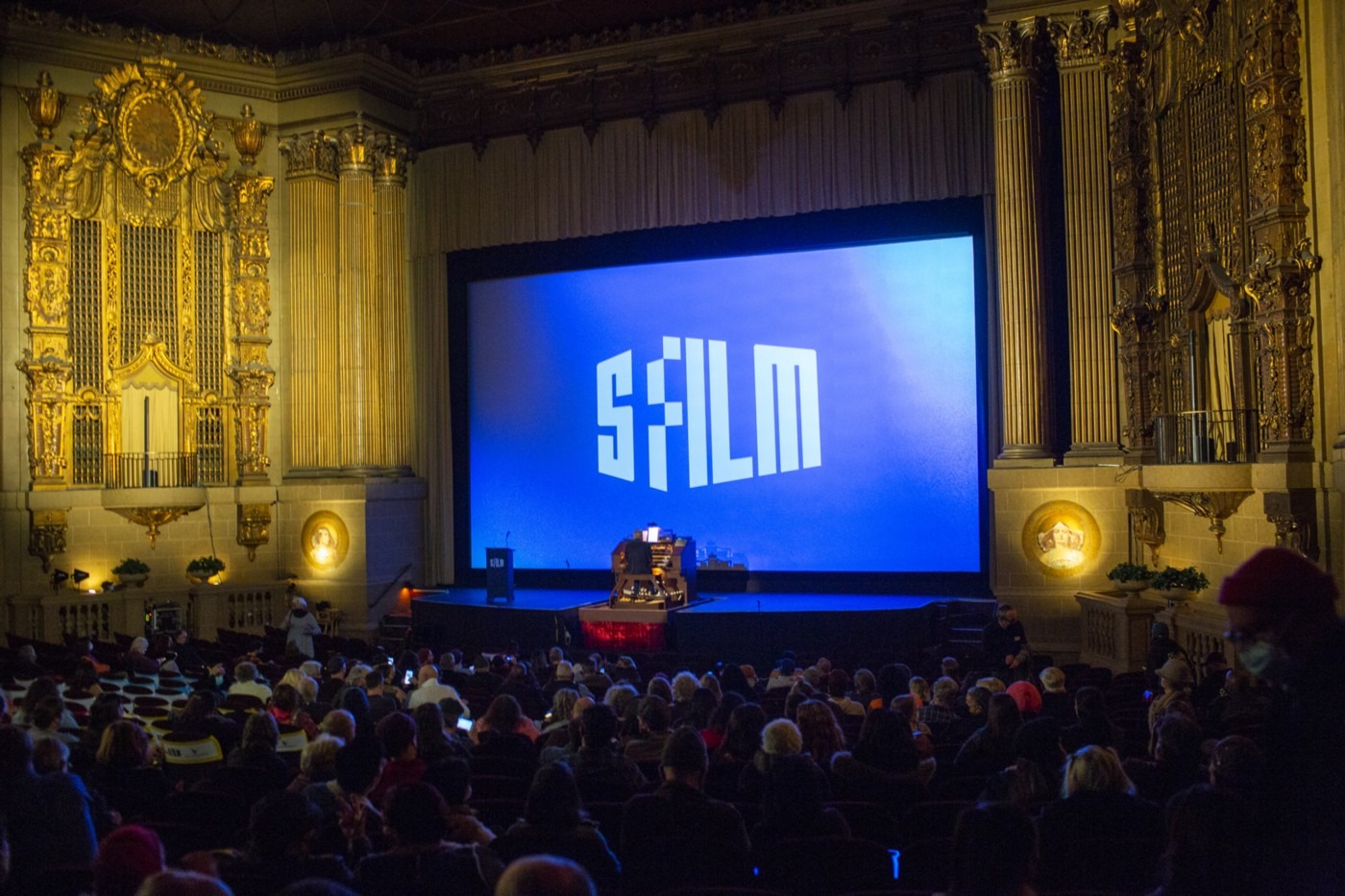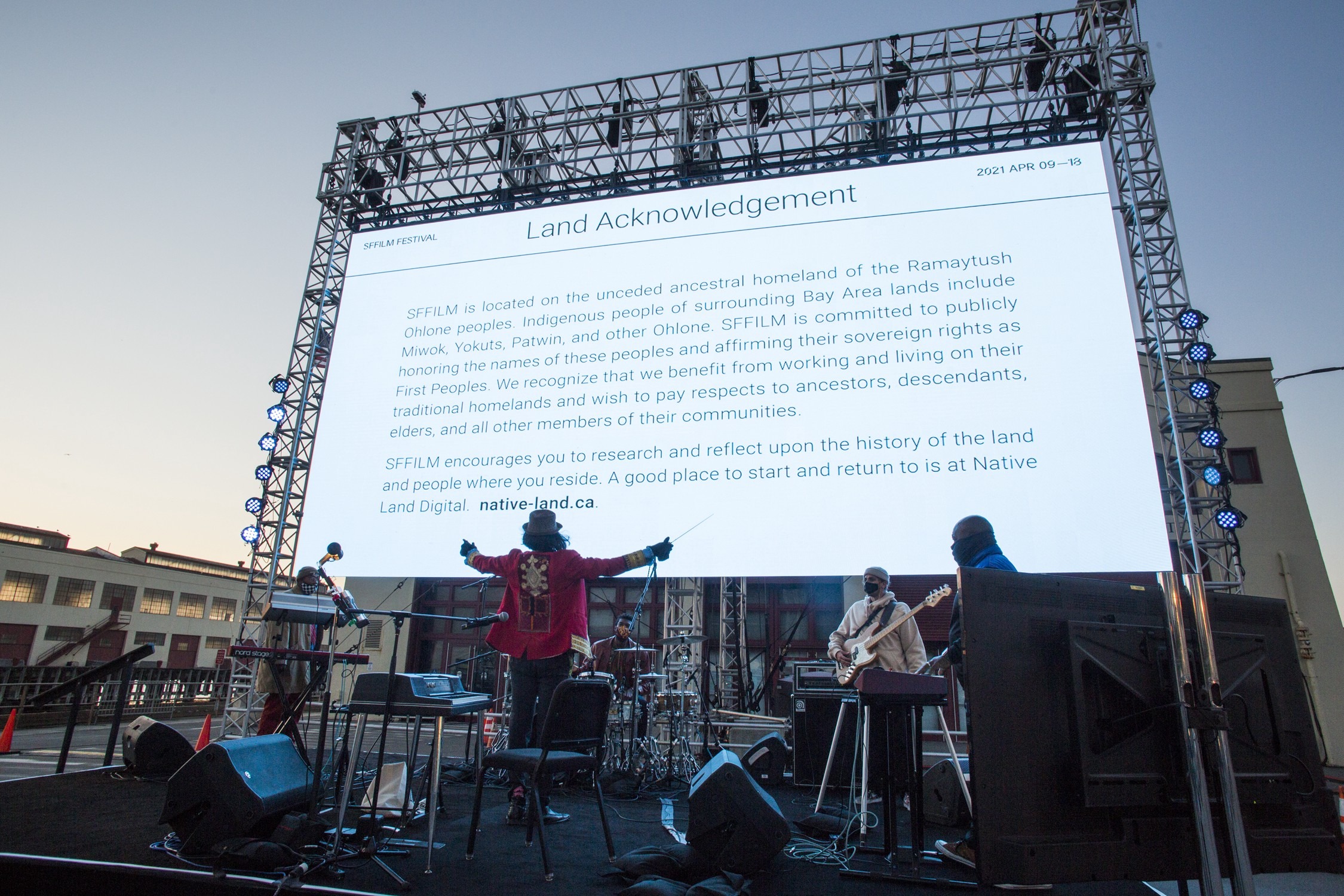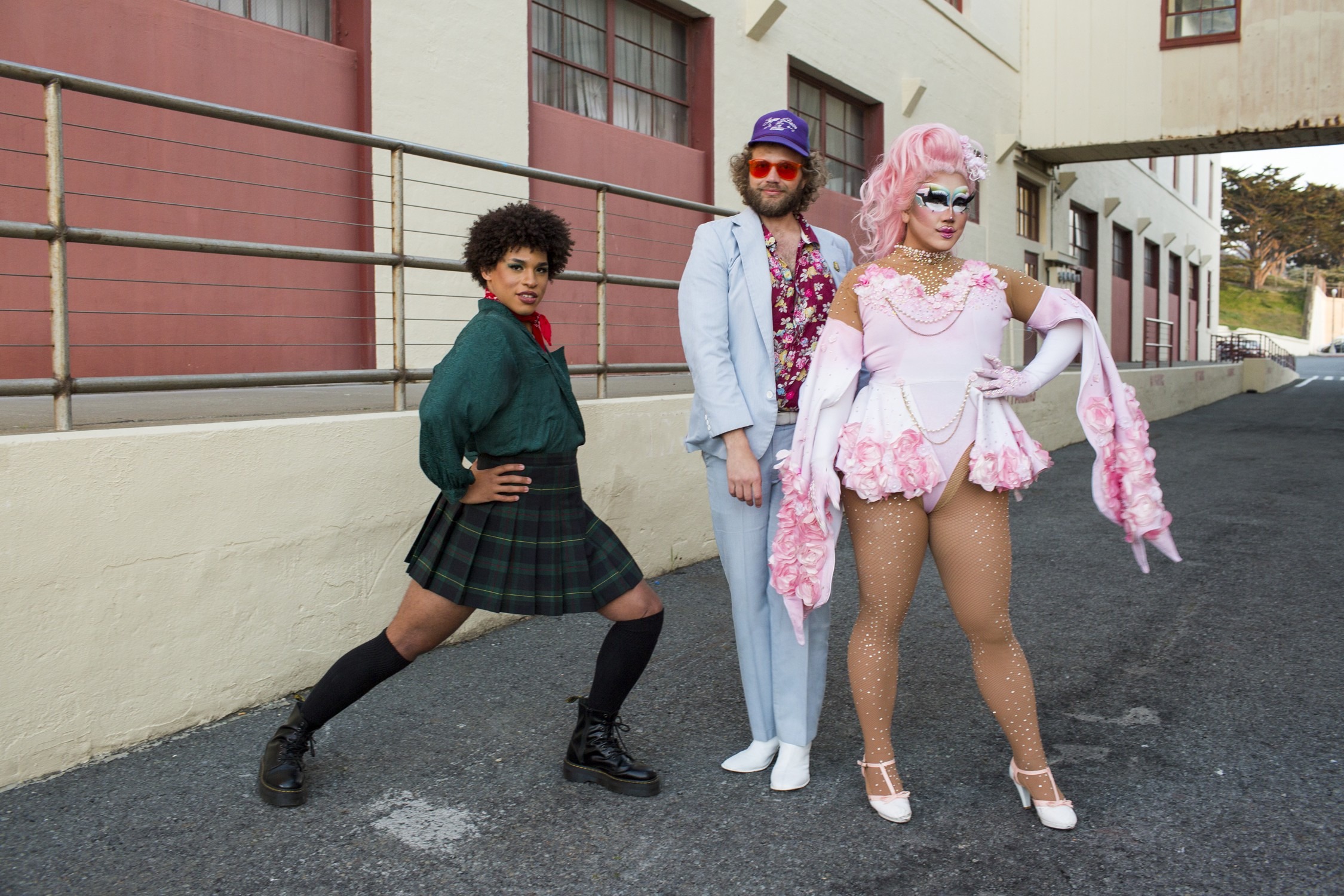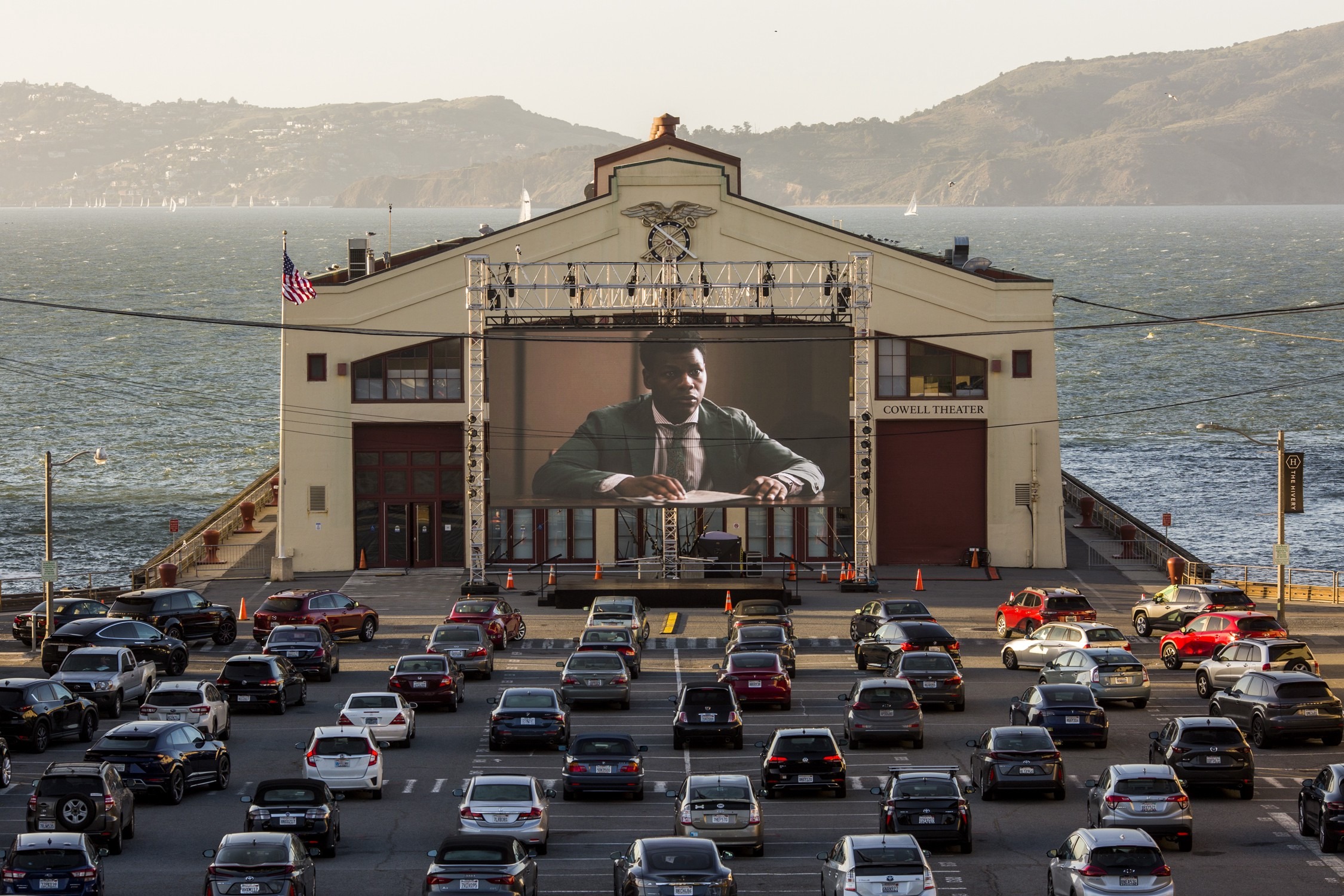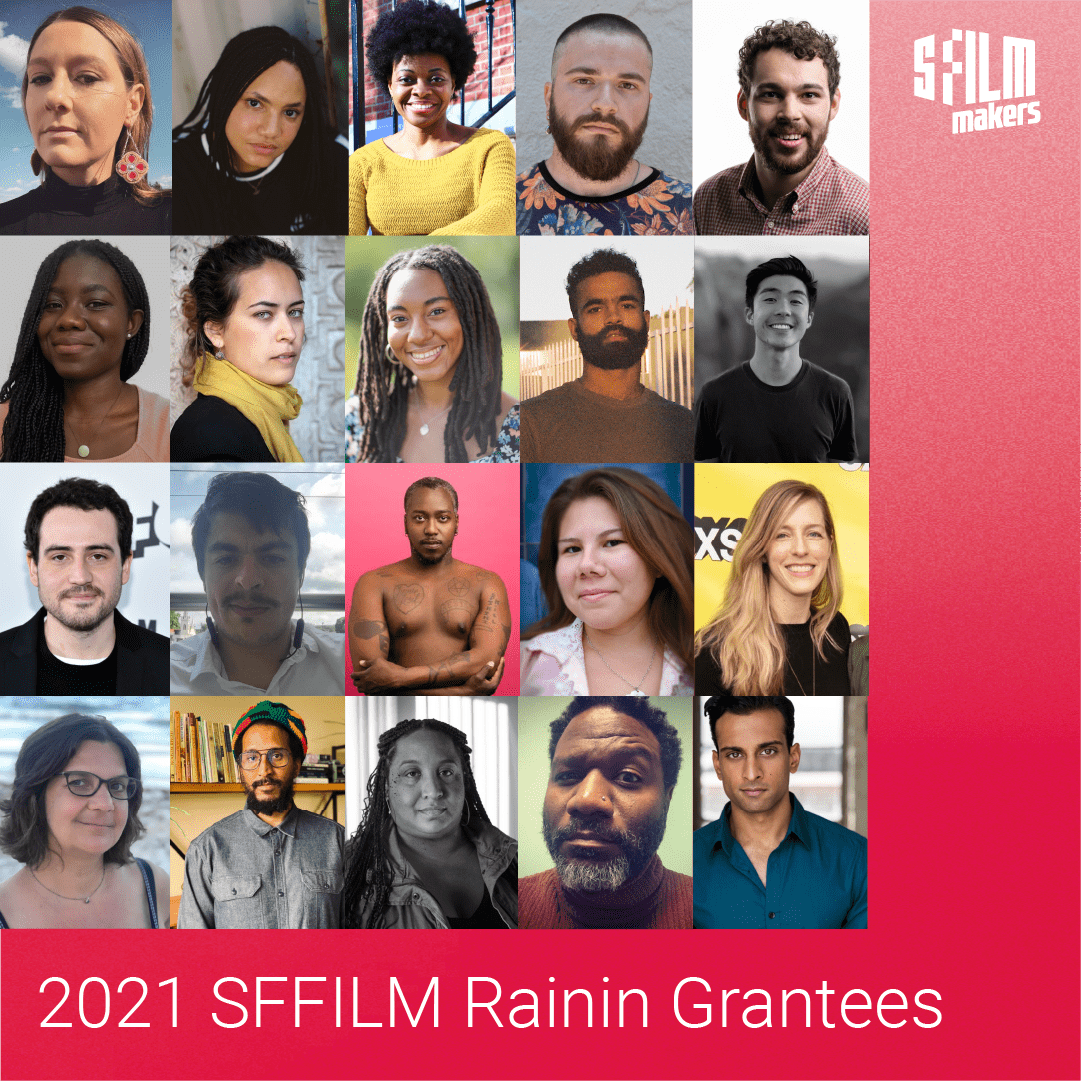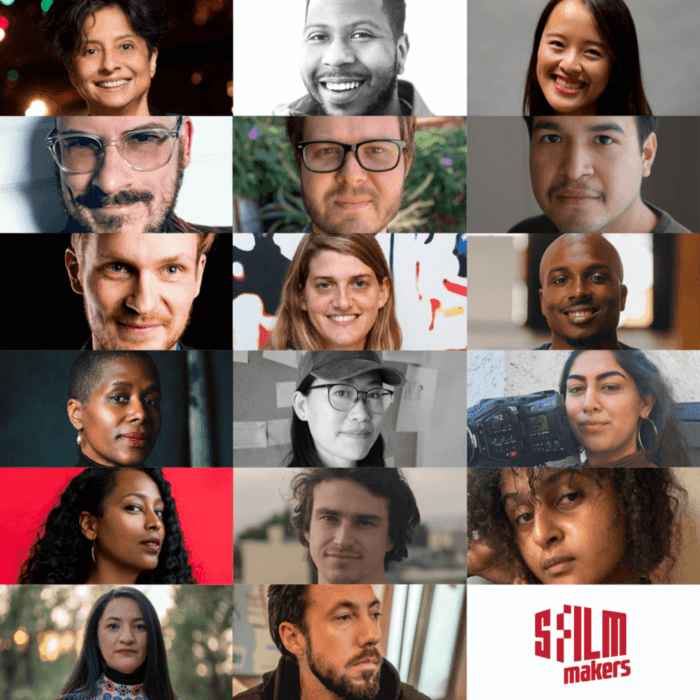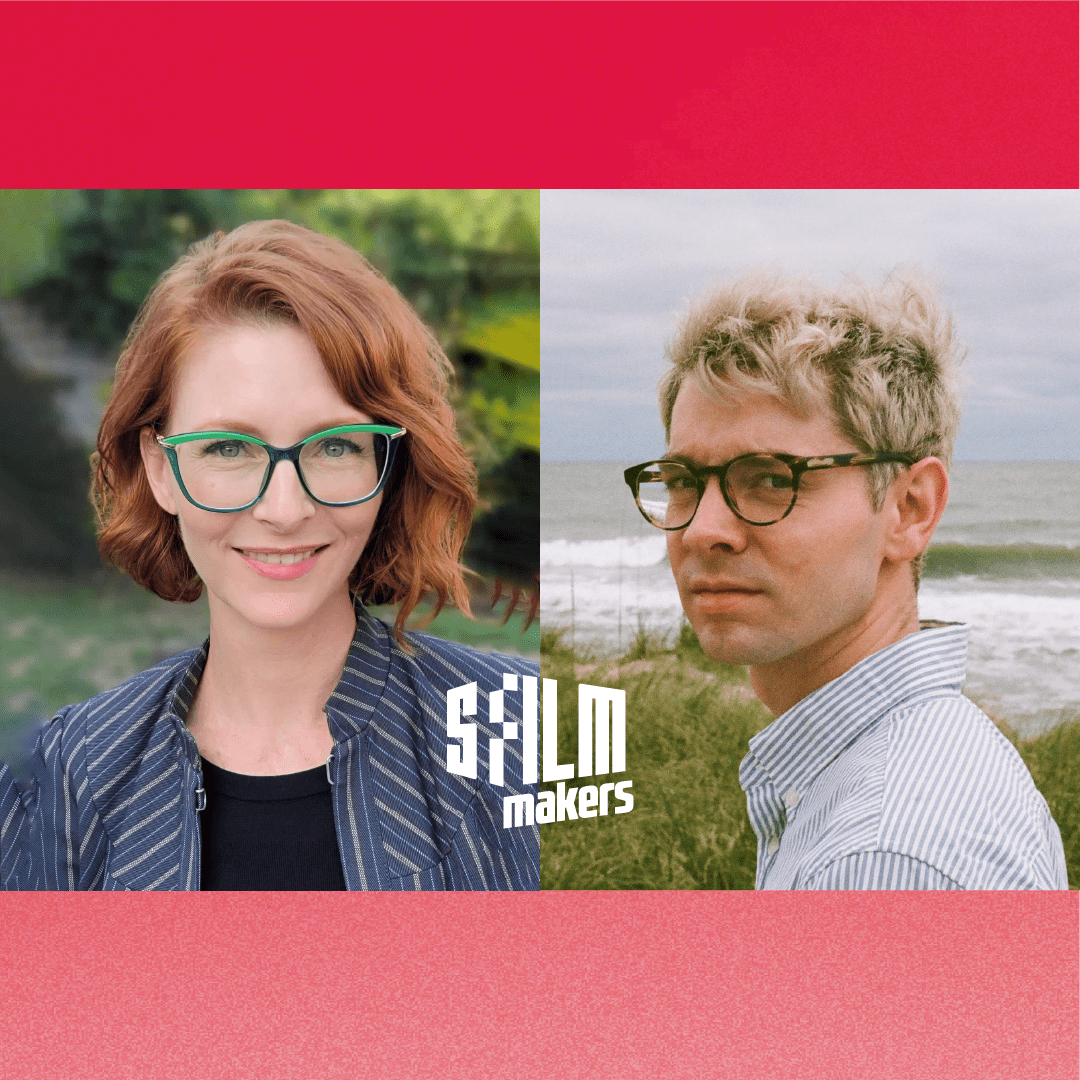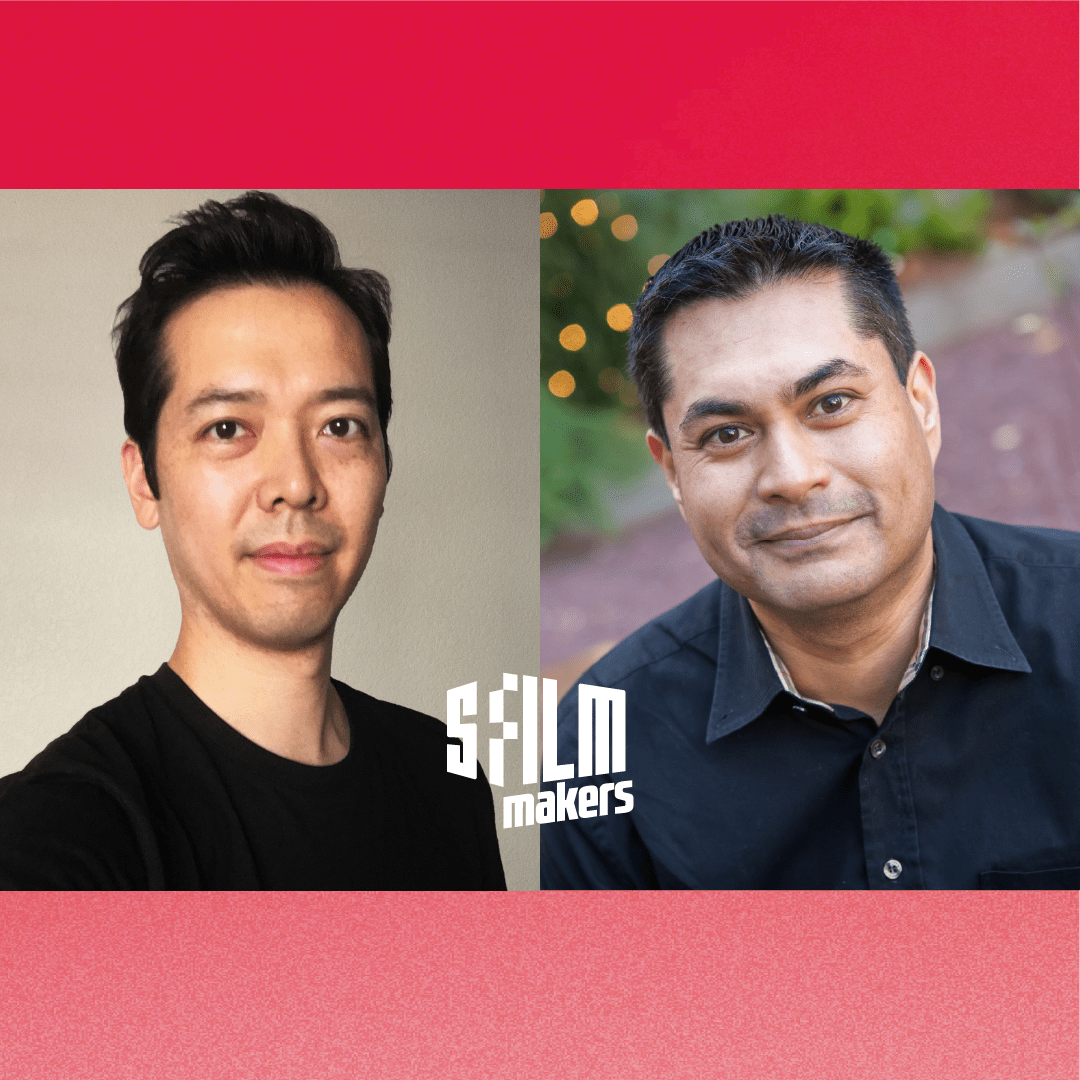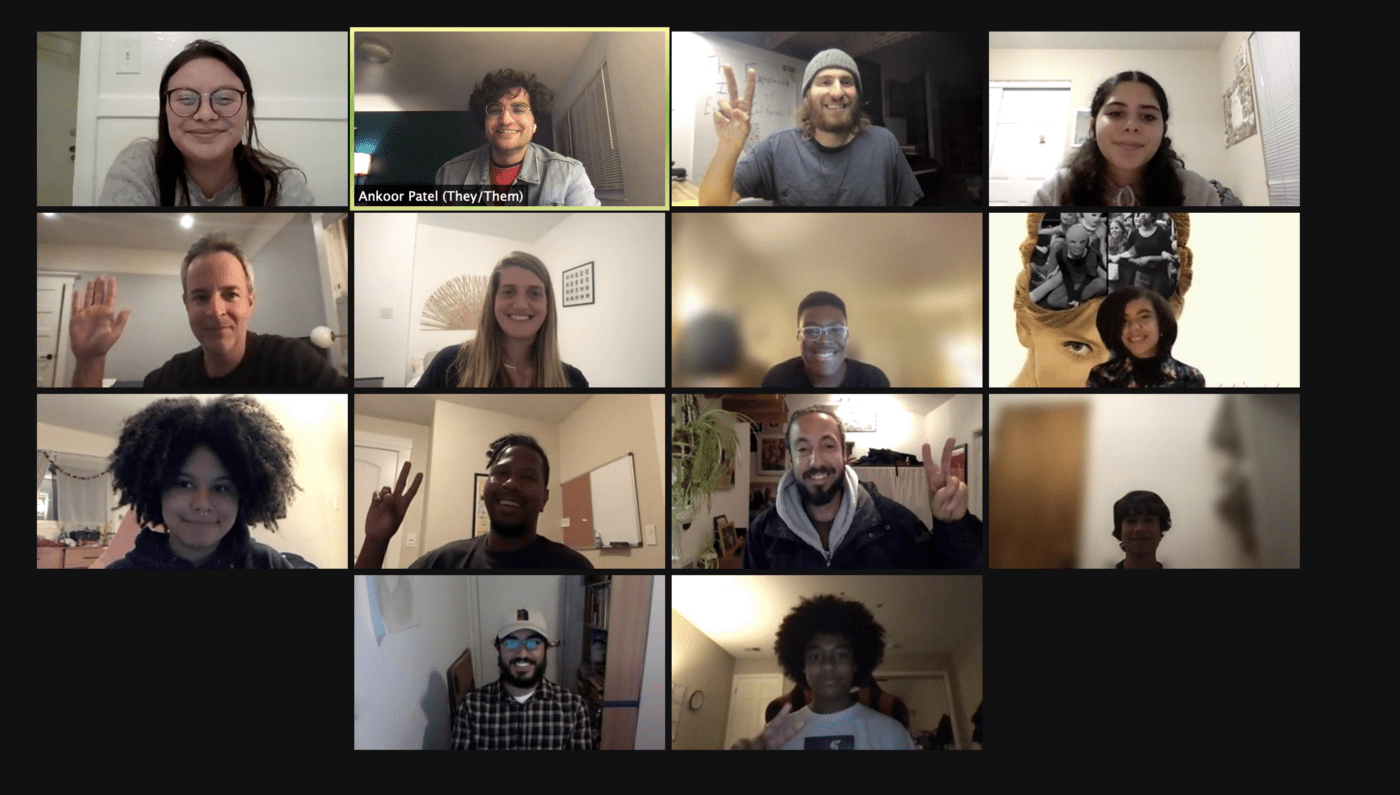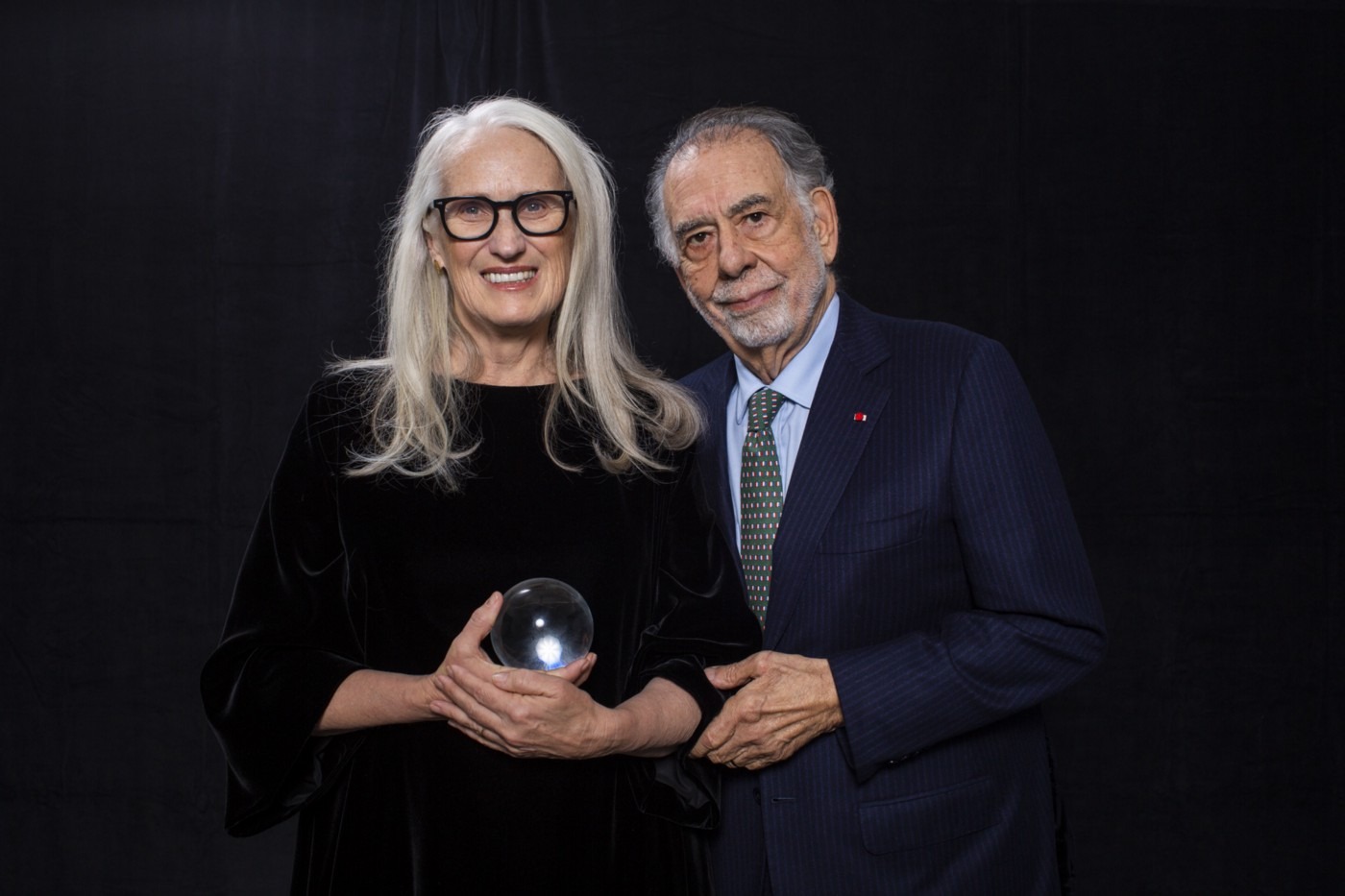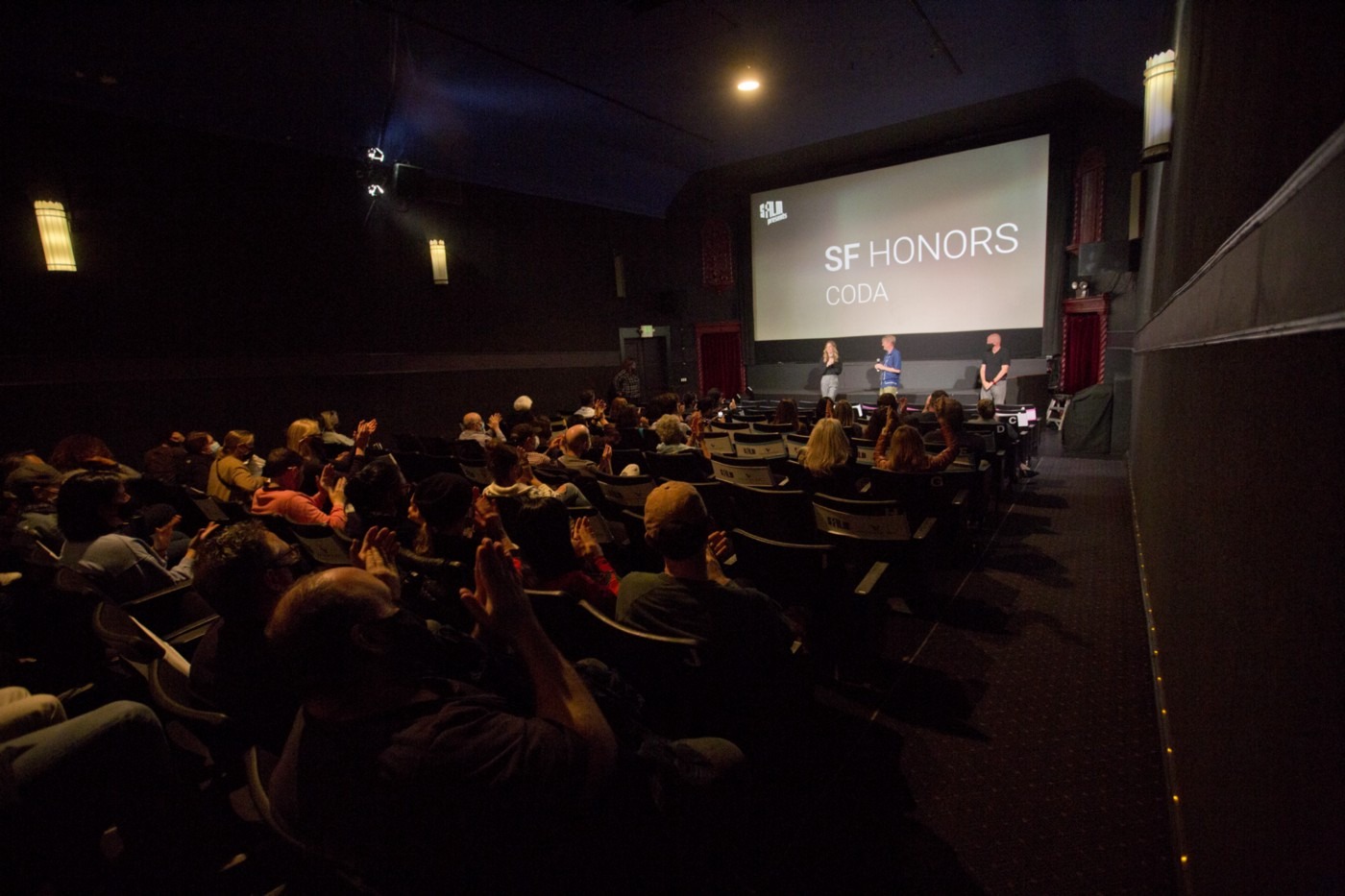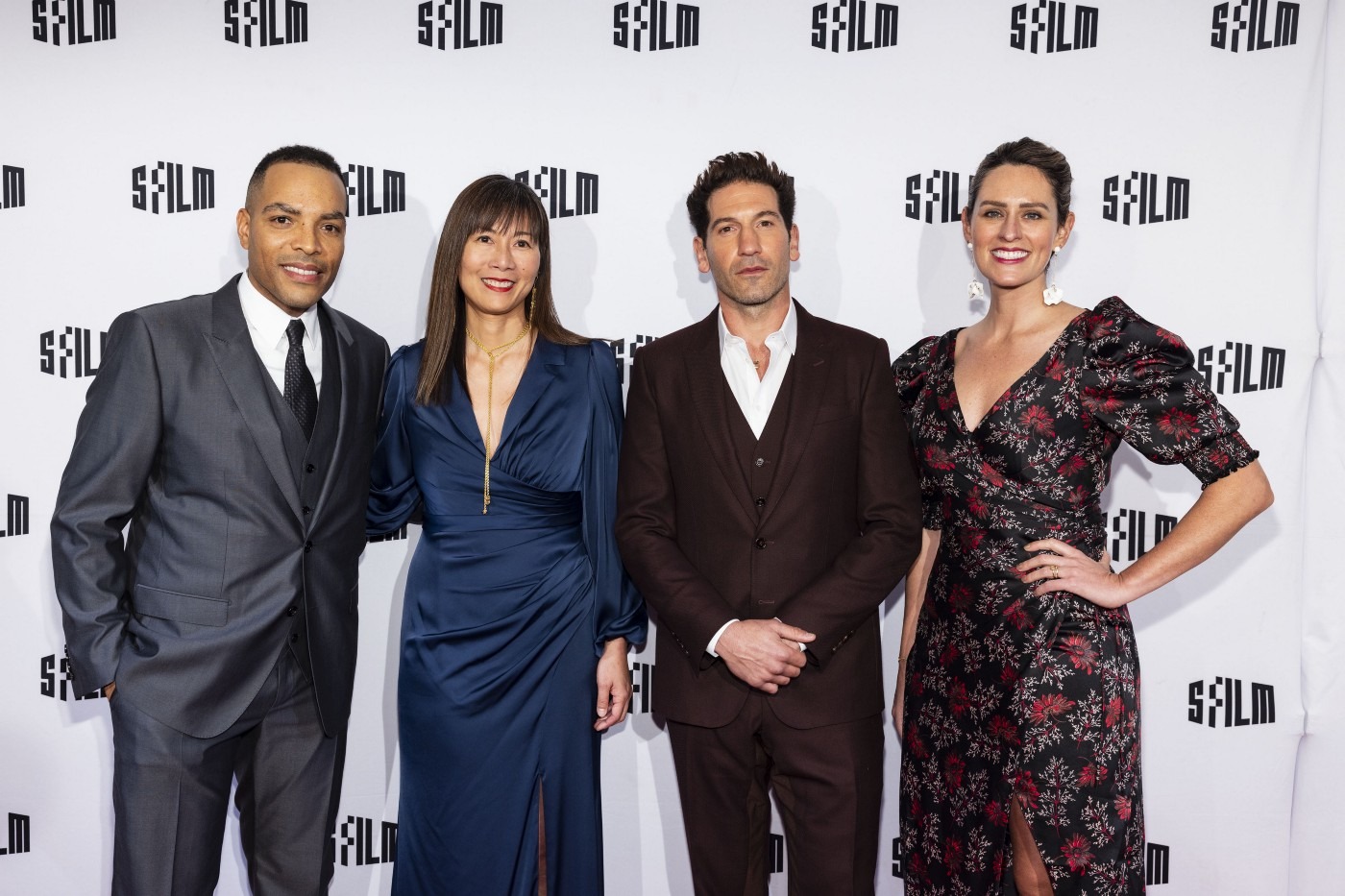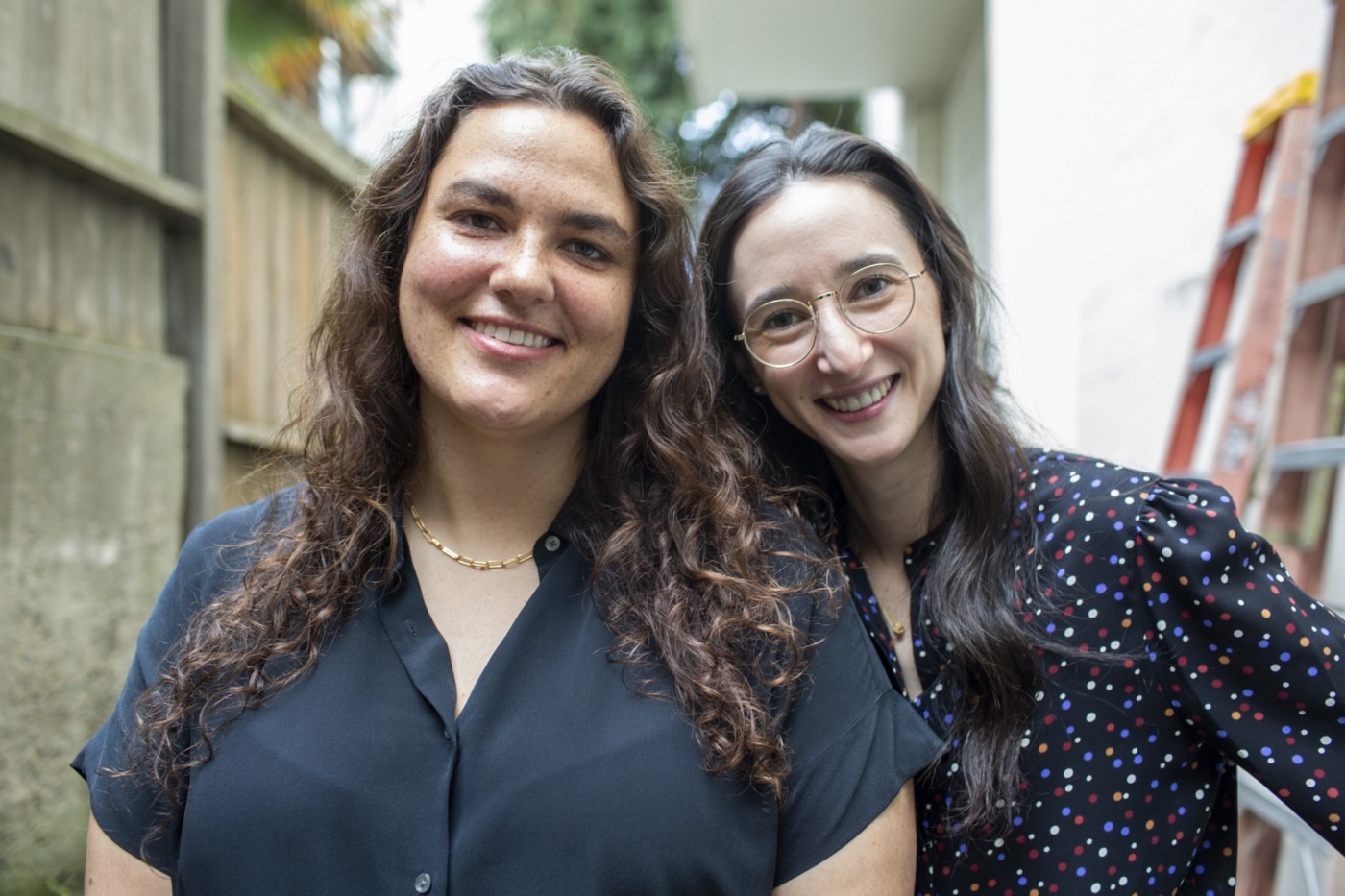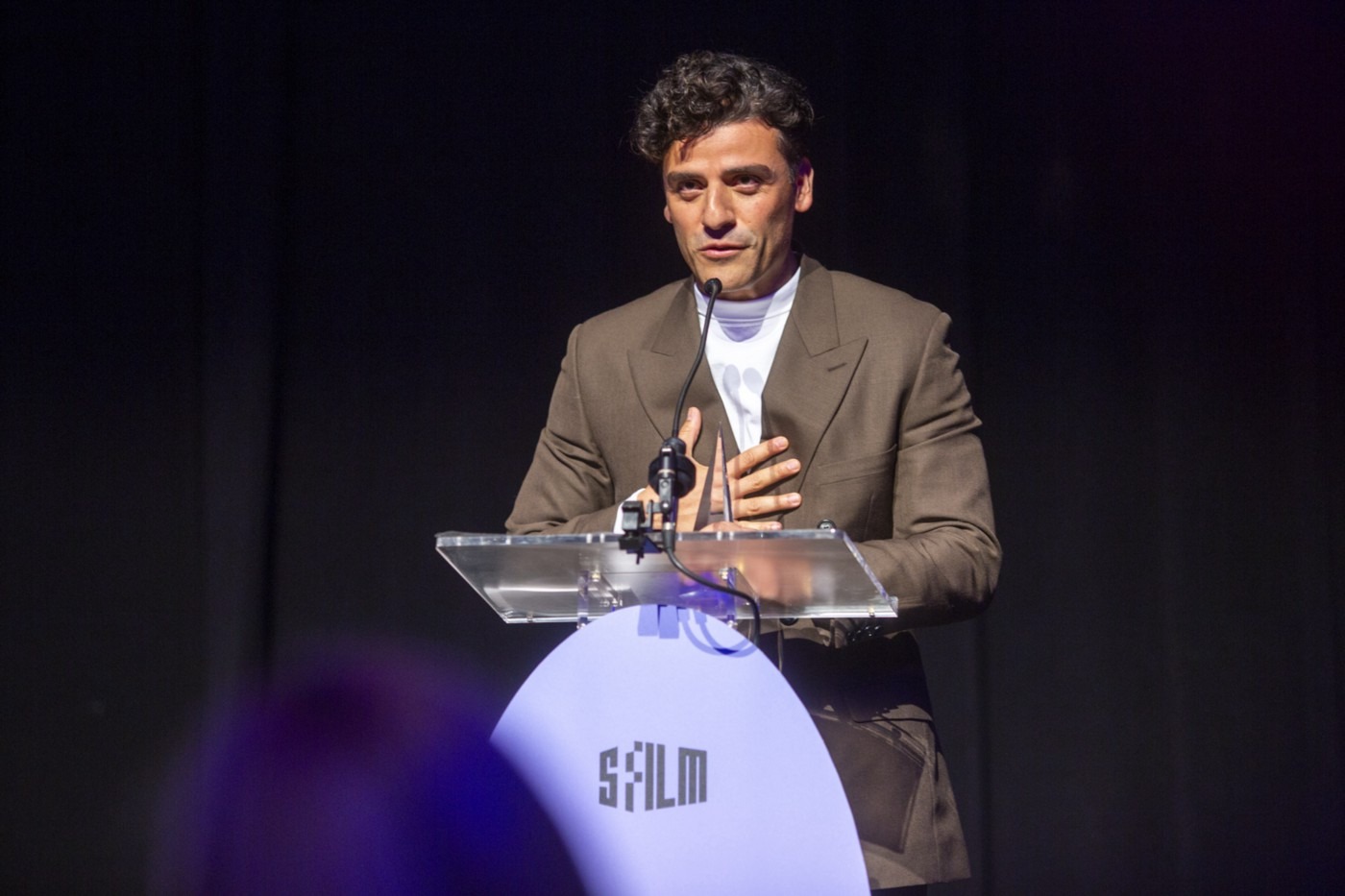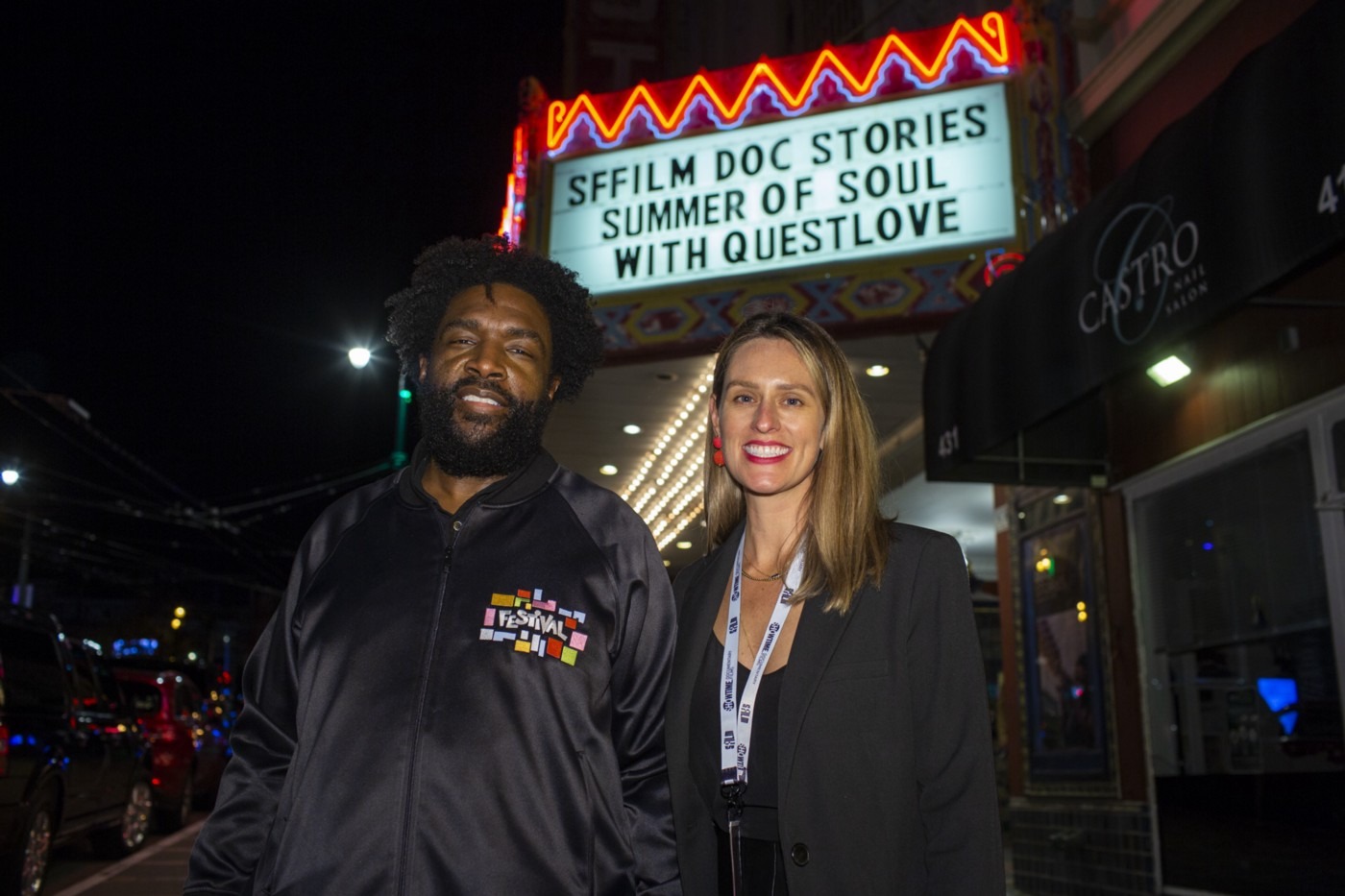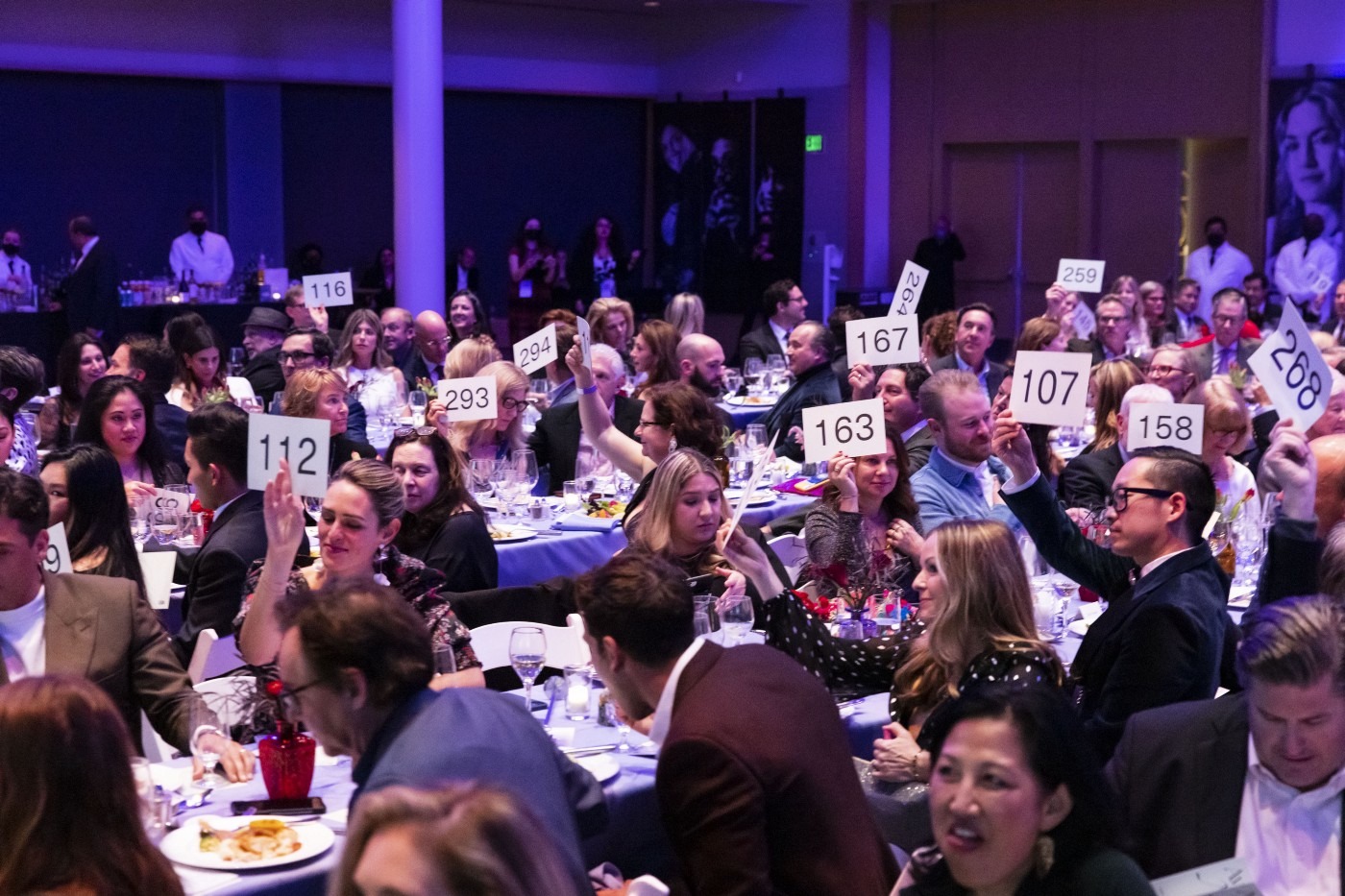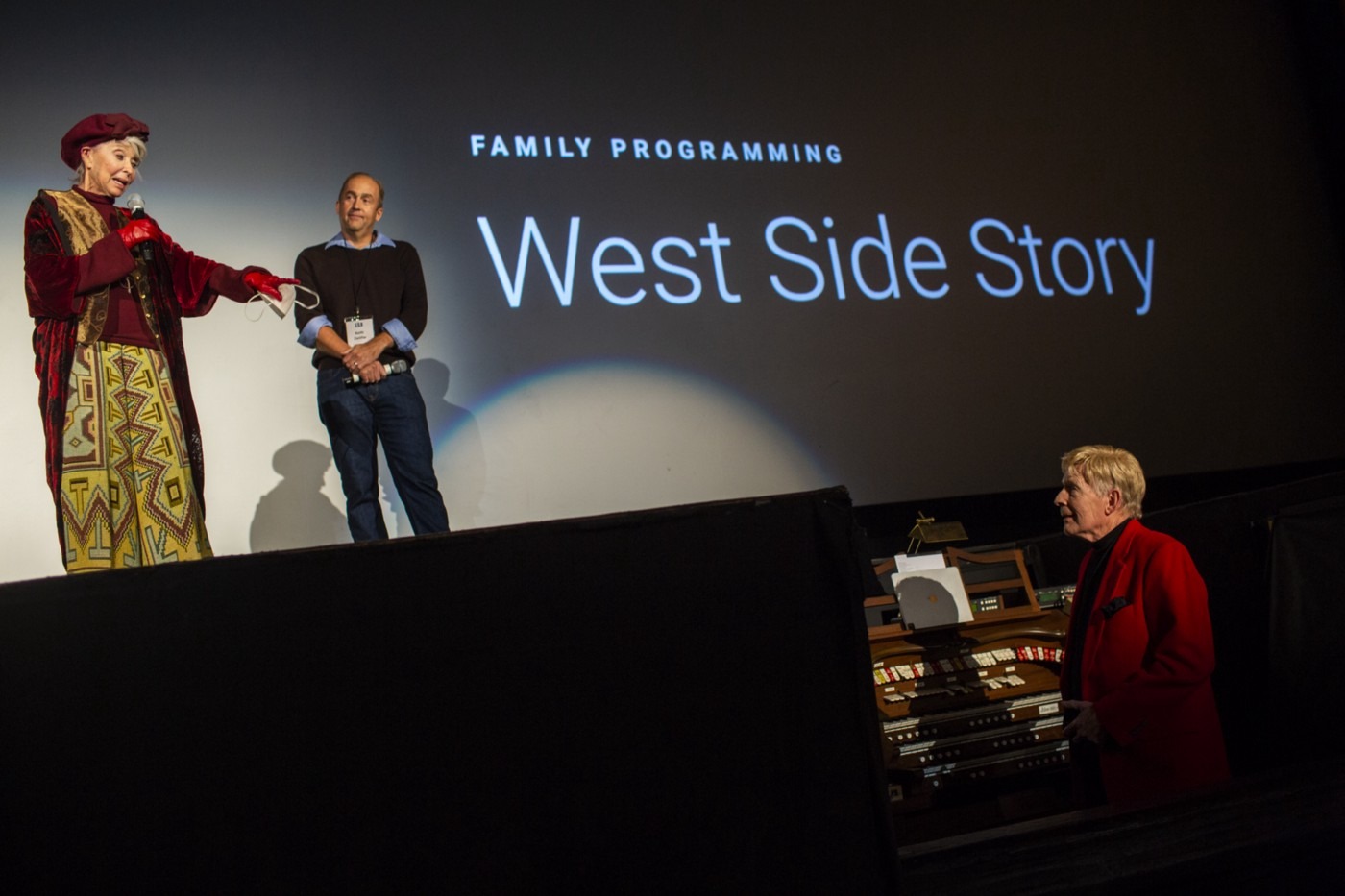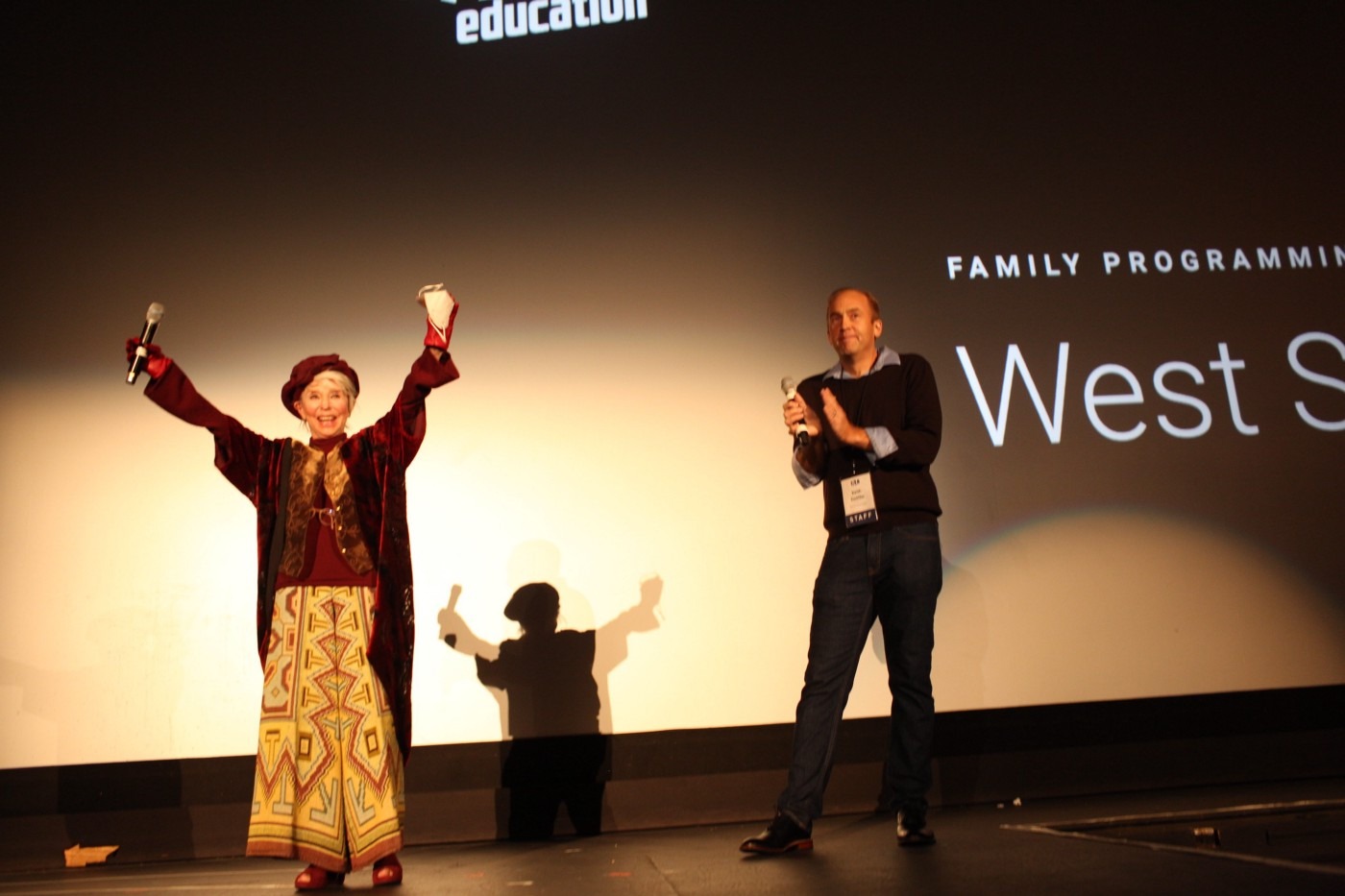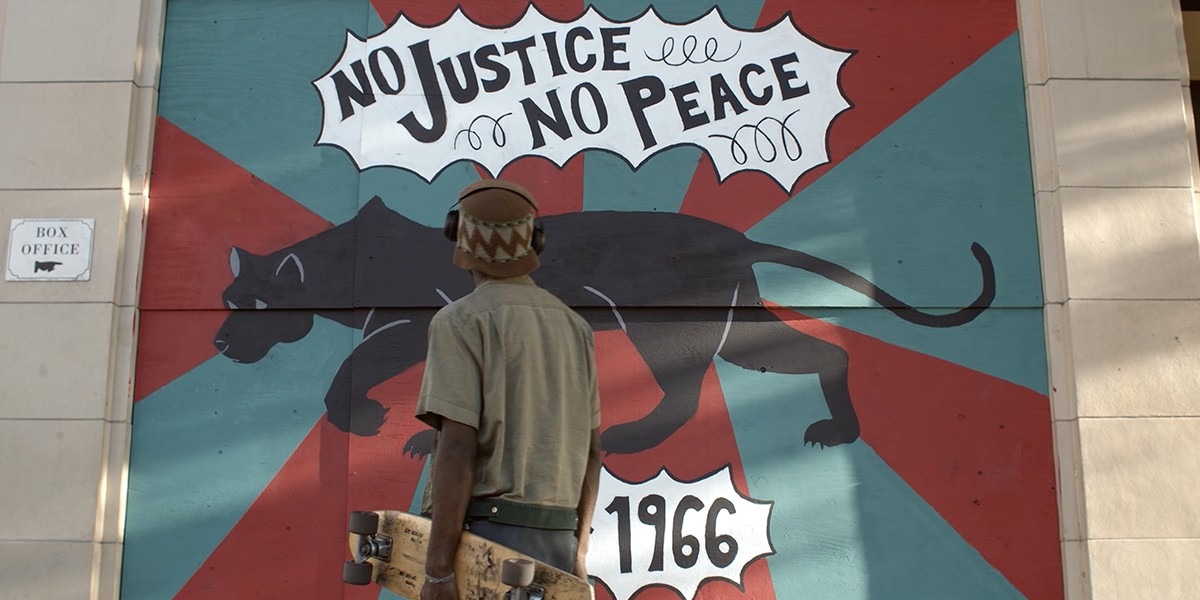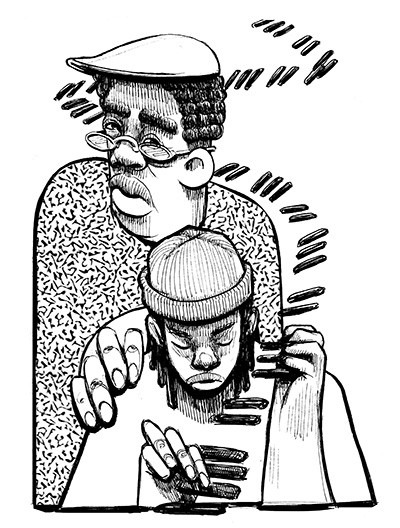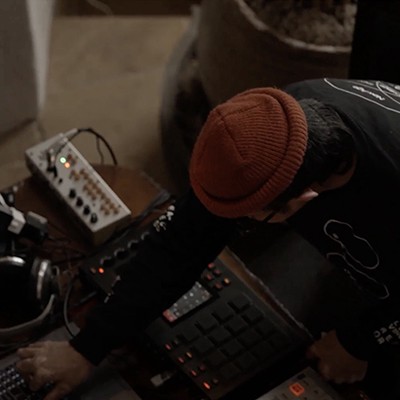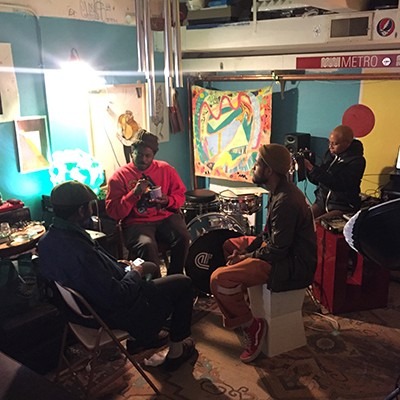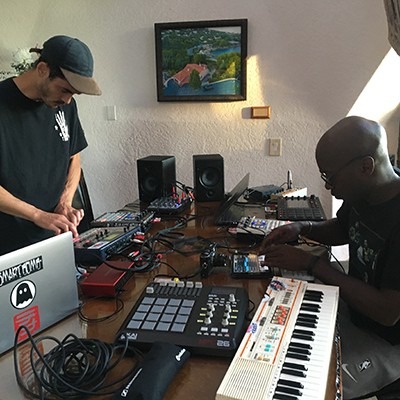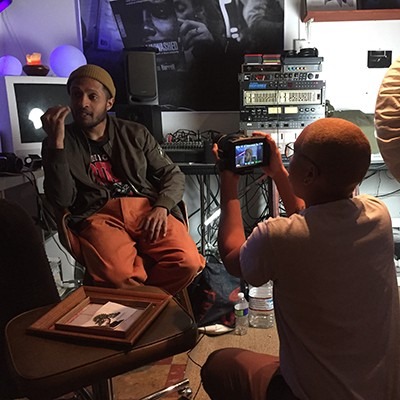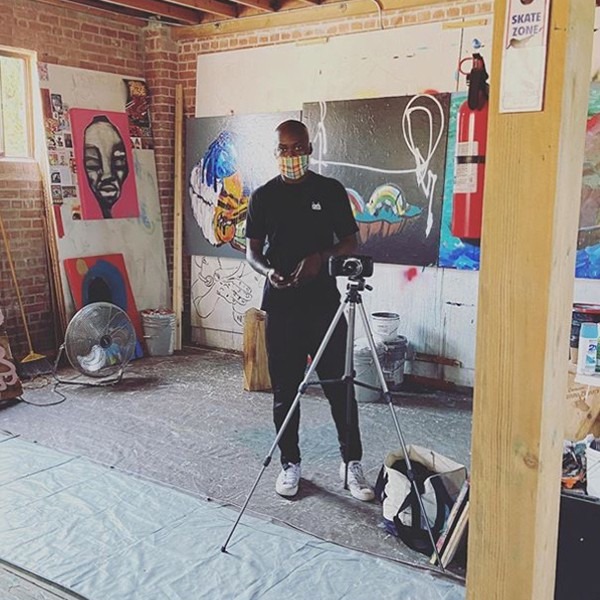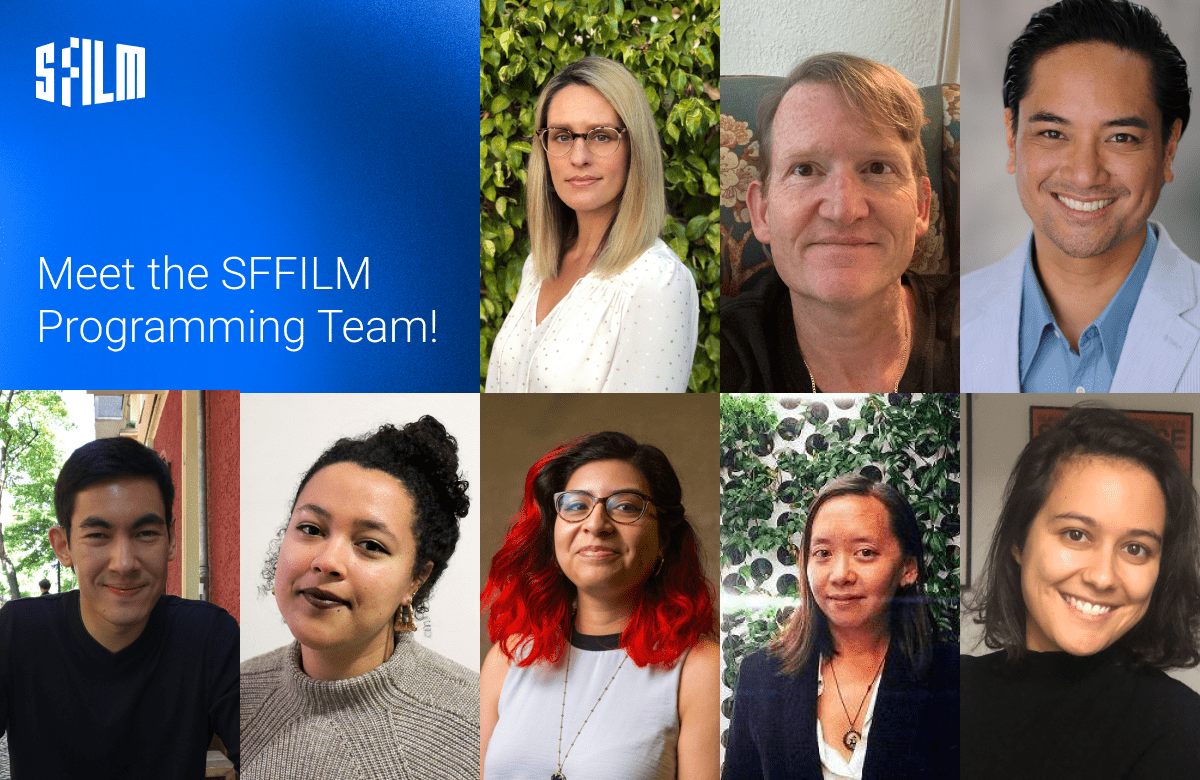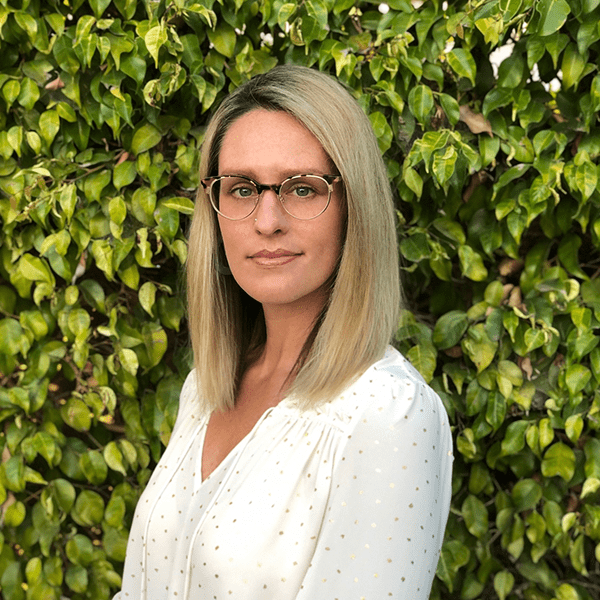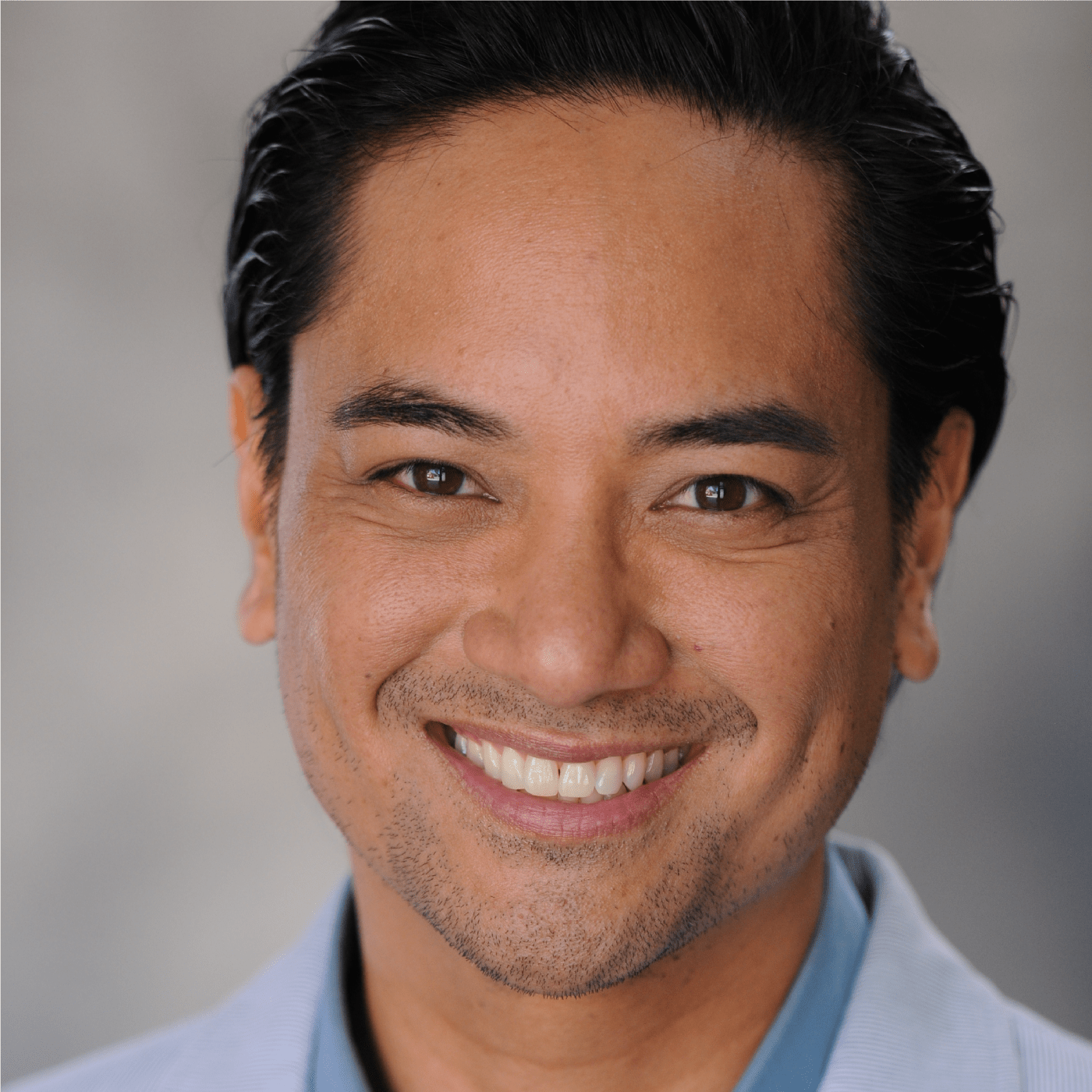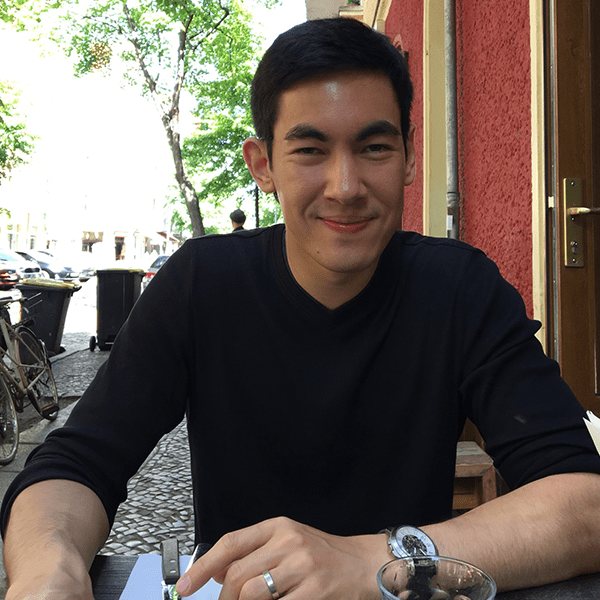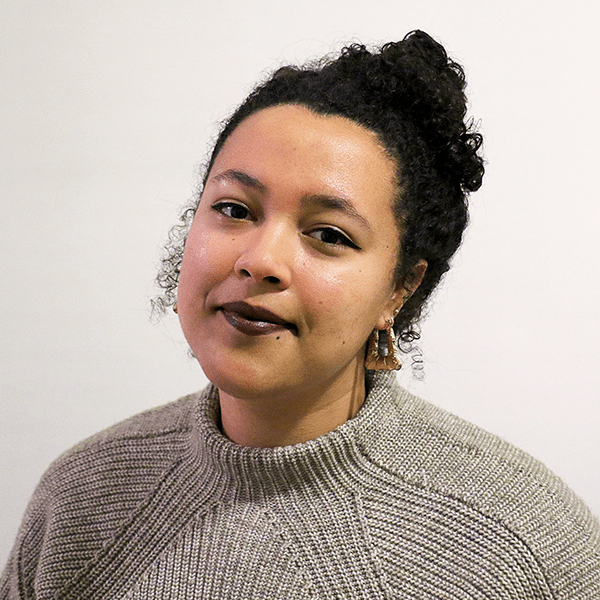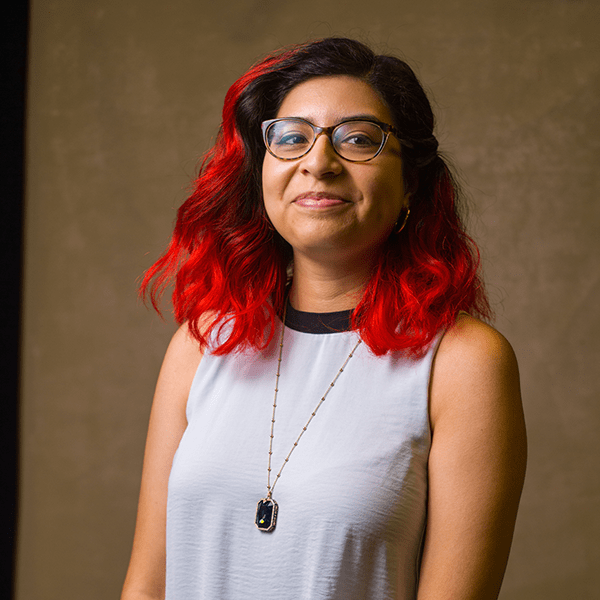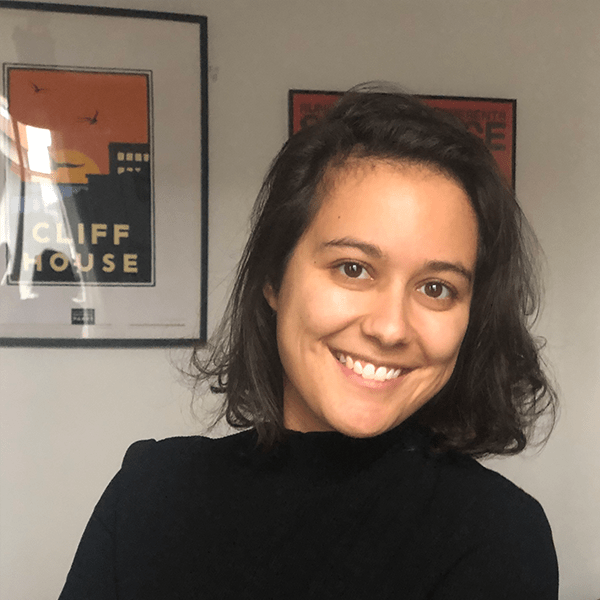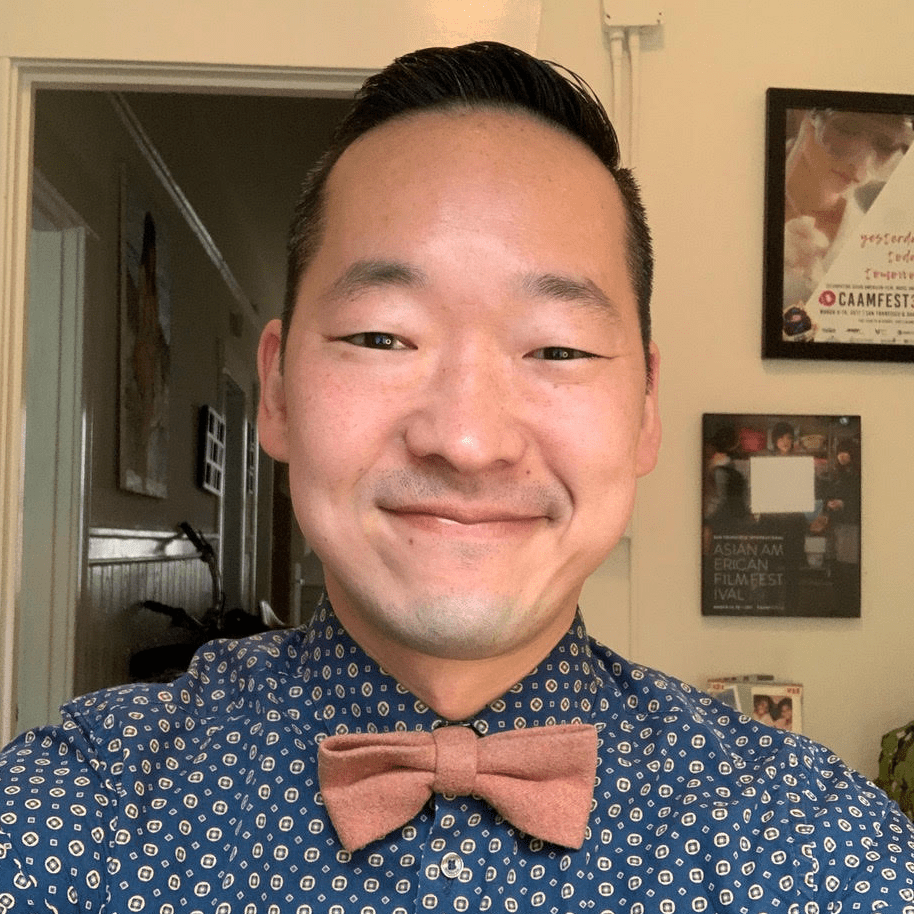We are thrilled that SFFILM Invest continues to fund projects that go on to Sundance and more, and beyond proud to see Reid Davenport’s project I Didn’t See You There from our inaugural SFFILM Rainin Filmmakers With Disability grant as both part of the slate and the winner of Sundance’s US Documentary Directing Award. We hope you get a chance to check out these inspiring projects at the festival this year and as they hit streaming sites in the future. Congratulations to all the films and filmmakers making their Sundance debut!
Here are our SFFILM Makers-supported films:
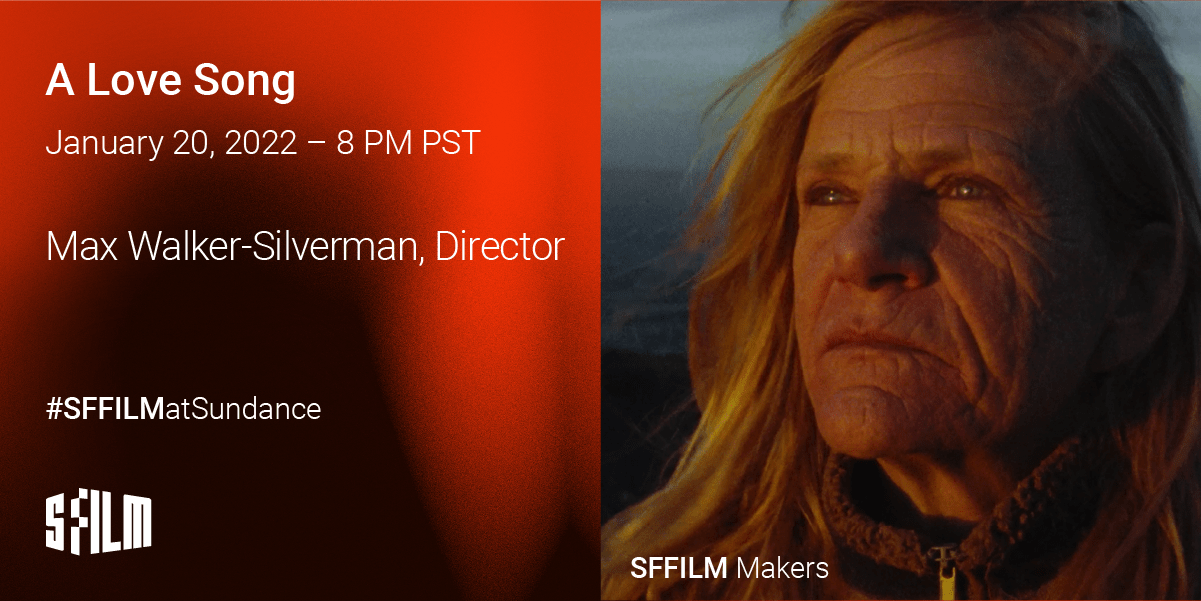
A Love Song
Next
(USA) Max Walker-Silverman, director; Dan Janvey, Jesse Hope, Max Walker-Silverman, producers
— SFFILM Invest
After unhitching her camper at a lakeside in the mountains, Faye finds her rhythm cooking meals, retrieving crawfish from a trap, and scanning her old box radio for a station. She looks expectantly at the approach of a car or the mailman, explaining to neighboring campers that she’s waiting for a childhood sweetheart she hasn’t seen in decades. When he does arrive, Lito and Faye, both widowed, spend an evening reminiscing about their lives, losses, and loneliness.
A whimsical romance, Max Walker-Silverman’s captivating debut feature shows an “American West” full of quietude, compassion, and introspection. It’s both naturalistic and vaguely surreal, blurring our sense of time and beauty, loss and vivacity, the grandiose natural world and intimate humanism. Career performances from Dale Dickey and Wes Studi bring an inescapable presence to people we don’t often see portrayed on film. They are gentle outliers possessed of resilience and existential spirit, seeking to process something elusive: a feeling of love for what’s no longer there. Like Faye turning her radio dial, they listen hopefully for the faint trace of a song.
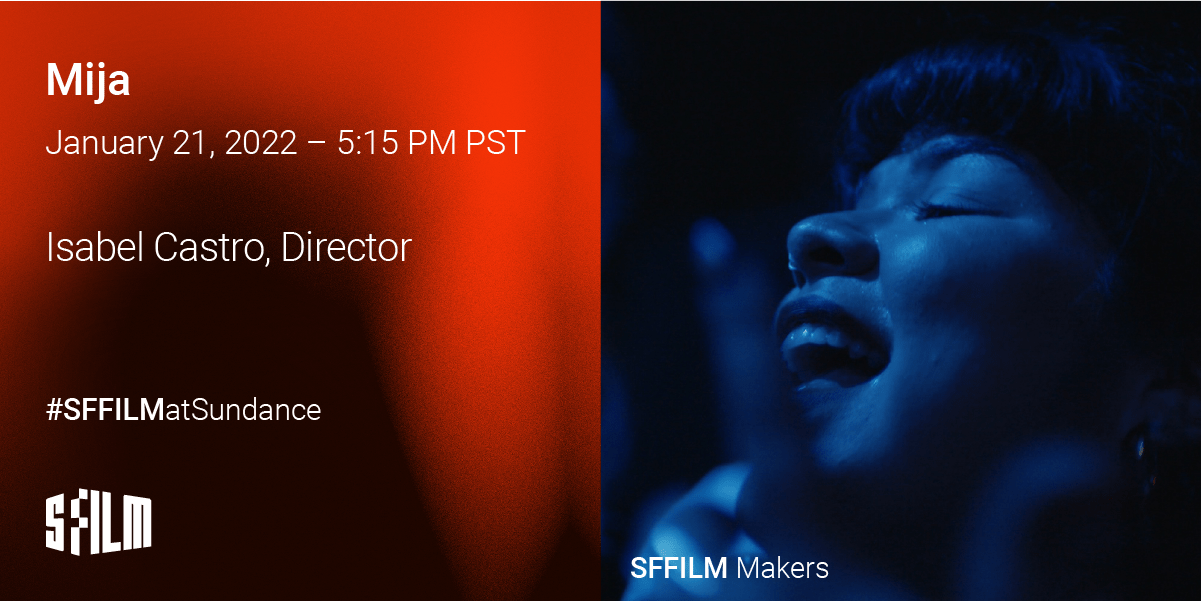
Mija
Next
(USA) Isabel Castro, director; Tabs Breese, Isabel Castro, Yesenia Tlahuel, producers
— SFFILM Catapult Documentary Fellowship
Doris Muñoz desperately longed for better representation in the indie music she listened to as a teenager. At 23, she took matters into her own hands and began a career in music talent management, passionately advocating for rising Latinx artists. Her swift success transformed her into a pillar for a community of first- and second-generation Americans seeking collective acceptance and healing through song. When Doris receives news that forces her to reconsider working in music, she finds Jacks Haupt, an auspicious young singer eager to break out of her parent’s home in Dallas, Texas. Beyond the sweet moments of joy, glitter, and hope, Doris and Jacks share the ever-present guilt of being the first American-born members of their undocumented families. For them, the pressure of financial success is heightened because it facilitates green card processing and family reunification.
Mija is an immensely emotional and intimate portrait honoring the resilience of immigrants and their children. Director Isabel Castro’s debut feature constructs an ethereal love letter to their indomitable spirit in the face of constant instability, and heartily affirms that all humans have the right to shine and to dream.
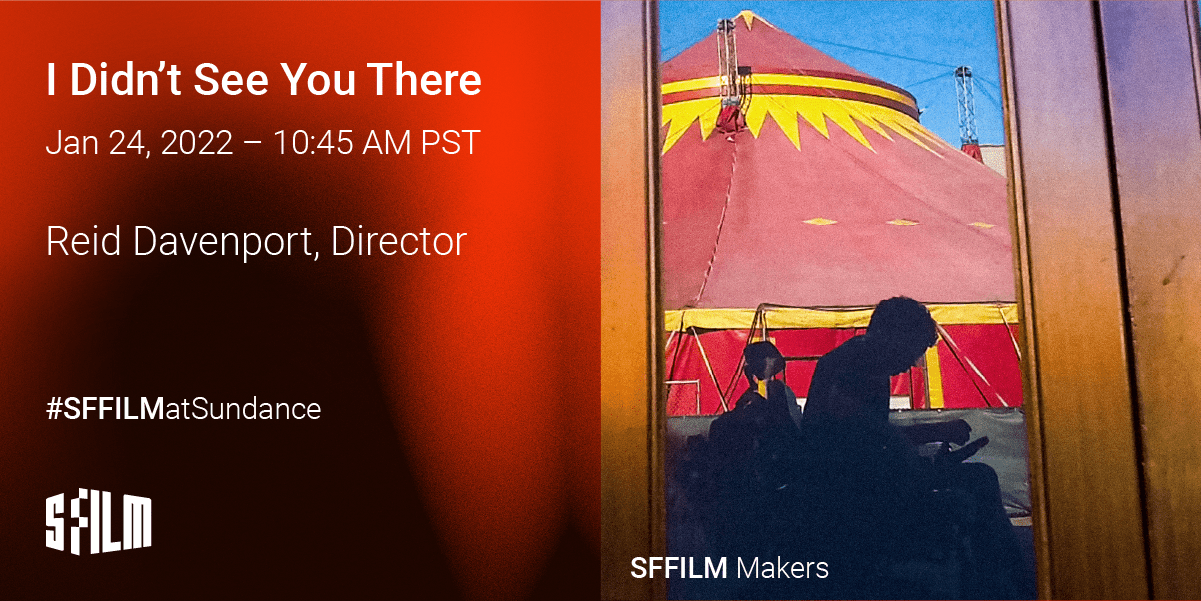
I Didn’t See You There
US Documentary Competition
Winner of the U.S. Documentary Directing Award
(USA) Reid Davenport, director; Keith Wilson, producer
—SFFILM Rainin Filmmakers With Disability Grantee
As a visibly disabled person, filmmaker Reid Davenport is often either the subject of an unwanted gaze — gawked at by strangers — or paradoxically rendered invisible, ignored or dismissed by society. The arrival of a circus tent just outside his apartment prompts him to consider the history and legacy of the freak show, in which individuals who were deemed atypical were put on display for the amusement and shock of a paying public. Contemplating how this relates to his own filmmaking practice, which explicitly foregrounds disability, Davenport sets out to make a film about how he sees the world from his wheelchair without having to be seen himself.
Informed by his position in space, lower to the ground, Davenport captures indelible images, often abstracted into shapes and patterns separate from their meaning. But the circus tent looms in the background, and reality regularly intrudes, from unsolicited offers of help to careless blocking of access ramps. Personal and unflinching, I Didn’t See You There forces the viewer to confront the spectacle and invisibility of disability.
Stay In Touch With SFFILM
SFFILM is a nonprofit organization whose mission ensures independent voices in film are welcomed, heard, and given the resources to thrive. SFFILM works hard to bring the most exciting films and filmmakers to Bay Area movie lovers. To be the first to know what’s coming, sign up for our email alerts and watch your inbox.
